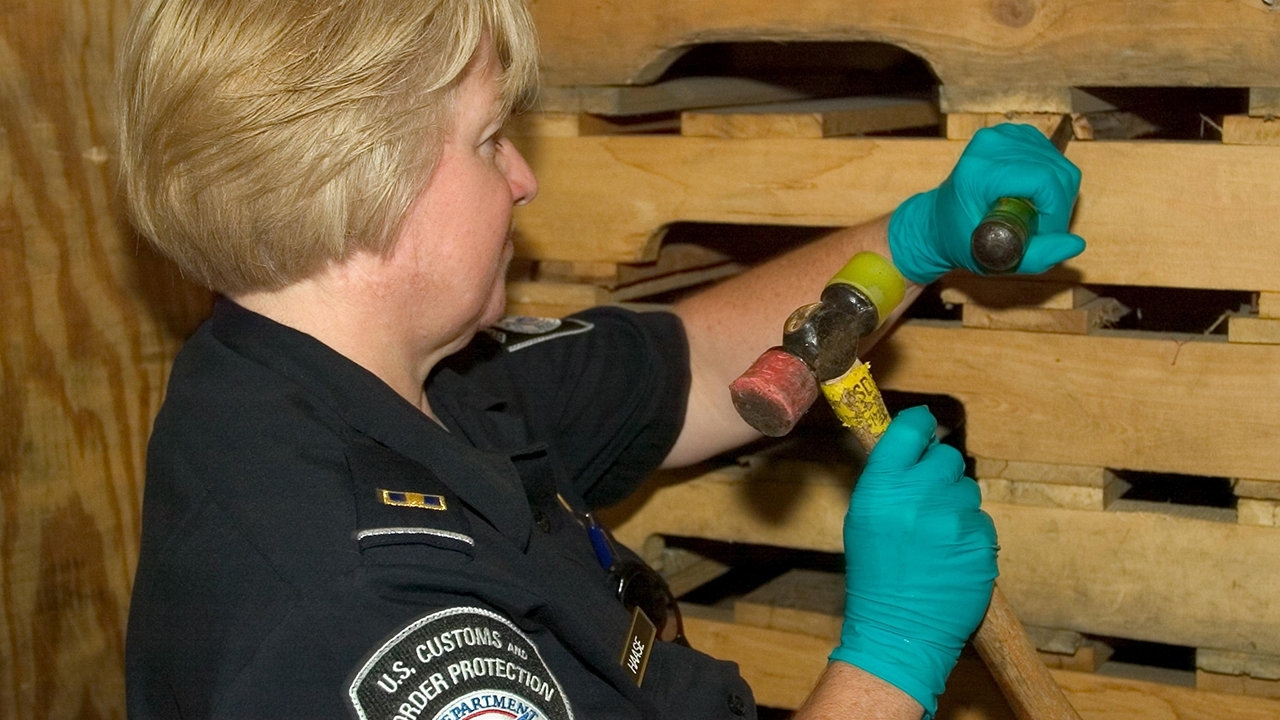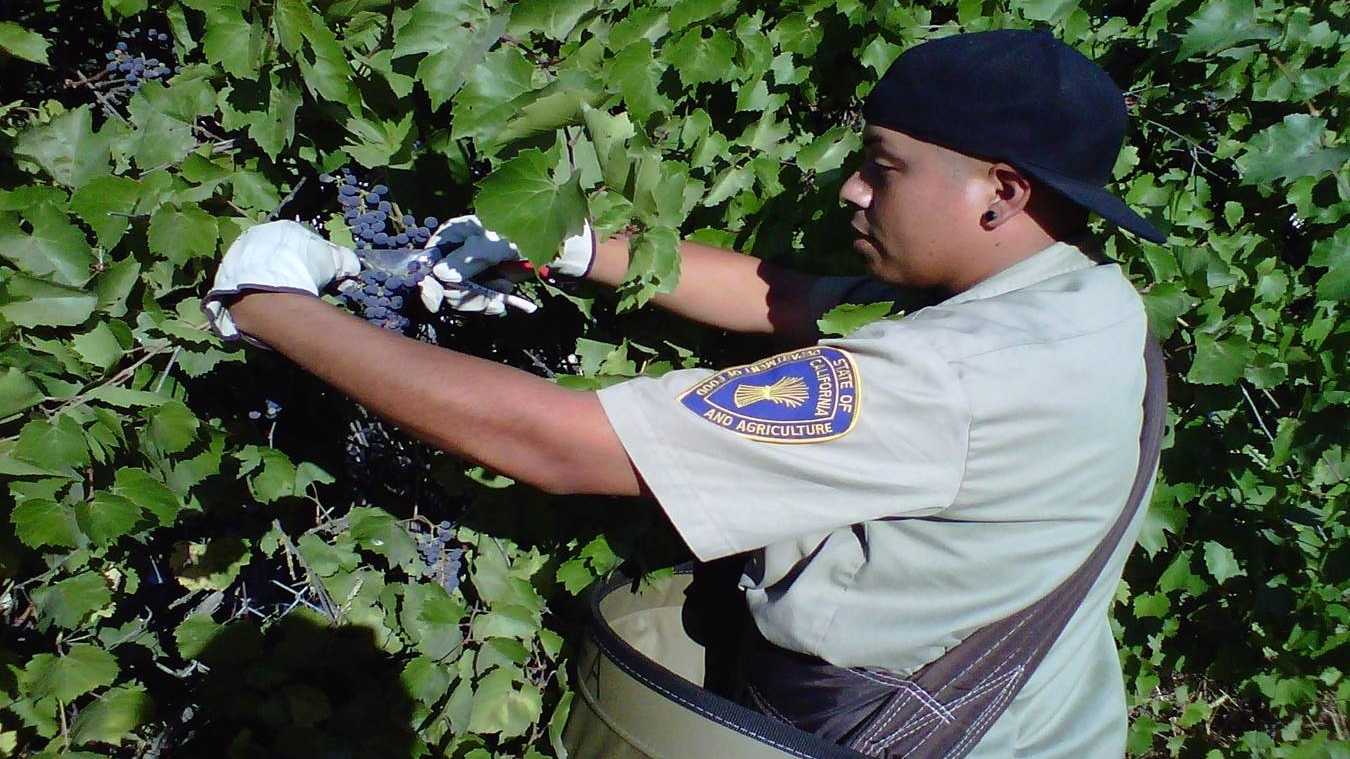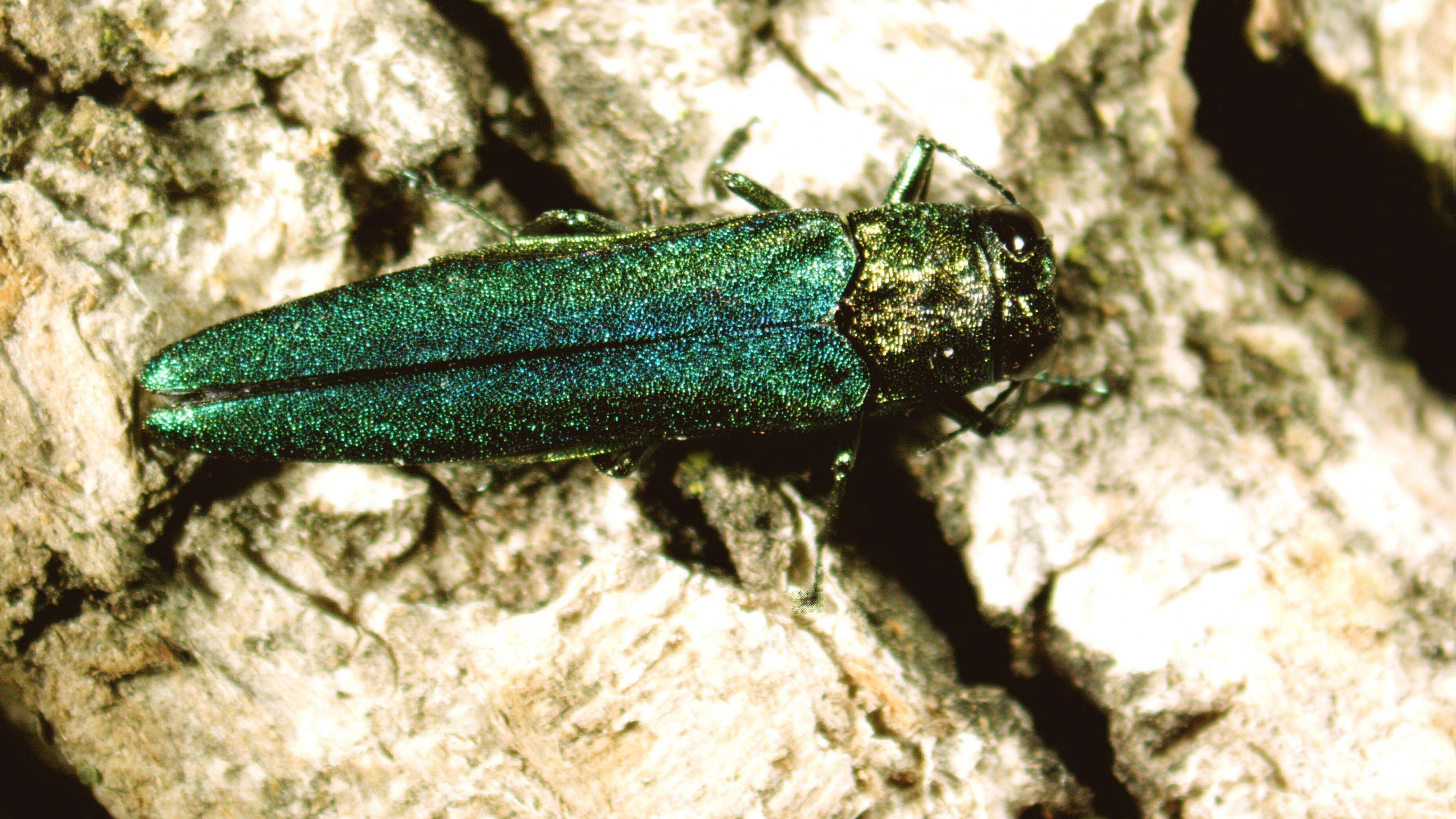About Plant Protection and Quarantine
APHIS' Plant Protection and Quarantine program forms America’s first line of defense against the introduction and spread of invasive pests. Our team of more than 3,000 employees has expertise in a wide range of fields, from botany and virology to data analysis, economics, and much more.
Throughout the United States and abroad, we safeguard U.S. agriculture and natural resources against the entry, establishment, and spread of economically and environmentally significant pests and facilitate the safe trade of agricultural products. We collaborate with many partners, cooperators, and stakeholders to carry out this mission. Below are two of our most crucial partnerships:
The U.S. Department of Homeland Security's Customs and Border Protection enforces APHIS regulations at ports of entry. See our Memorandum of Agreement.
PPQ and the National Plant Board work together to use our respective Federal and State authorities, assets, and expertise to safeguard plant health and enable safe trade. The Strategic Alliance documents the nature of this relationship and our top priorities.
Globally, PPQ represents the United States at the International Plant Protection Convention, where we work with more than 180 other countries to develop science-based international standards. Through the North American Plant Protection Organization, we also collaborate with Canada and Mexico to create regional standards that keep invasive plant pests out of North America.
The PPQ Deputy Administrator's Safeguarding Award and Safe Trade Award recognize outstanding initiatives and innovations that protect American agriculture and plant resources.
Accomplishments
All along the safeguarding continuum (103.27 KB), PPQ experts assess risks associated with pests that hitchhike on and in the agricultural products we import. We take action at the right time and in the right place to safeguard U.S. agriculture and natural resources, while keeping international trade and travel moving. Take a look at our work from 2024 (256.18 KB):
Need help from Plant Protection and Quarantine?
Visit Our Plant Health Contacts Directory









